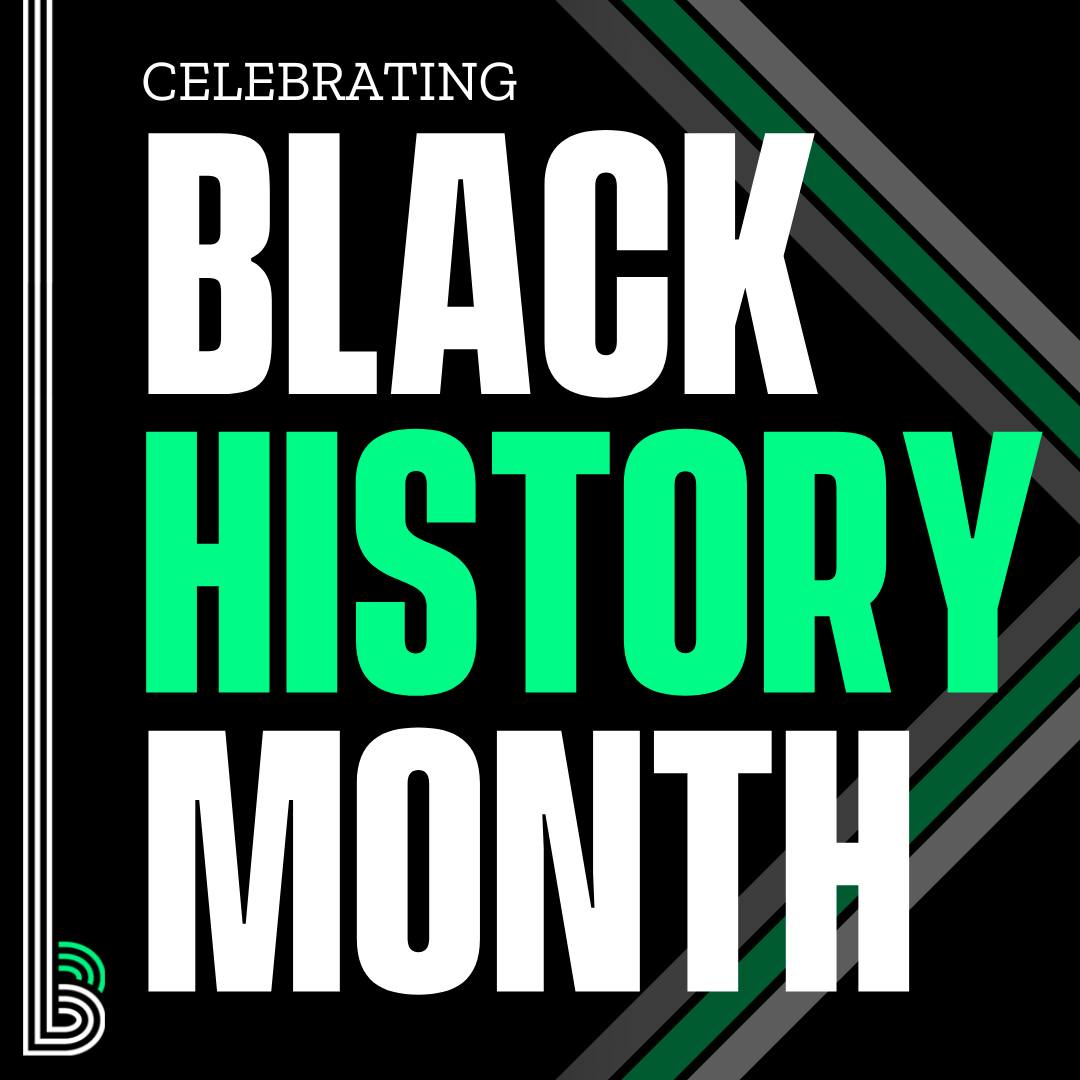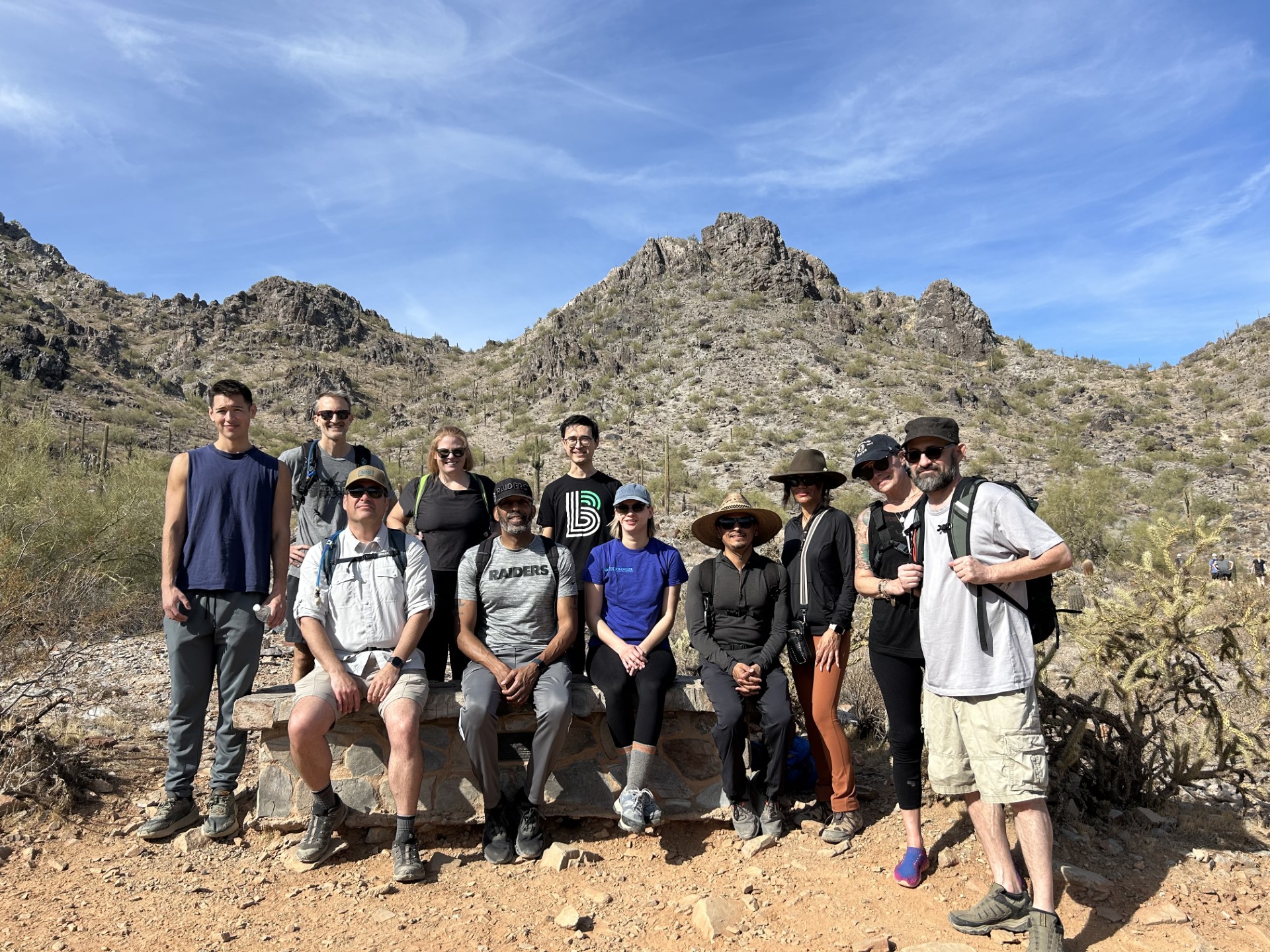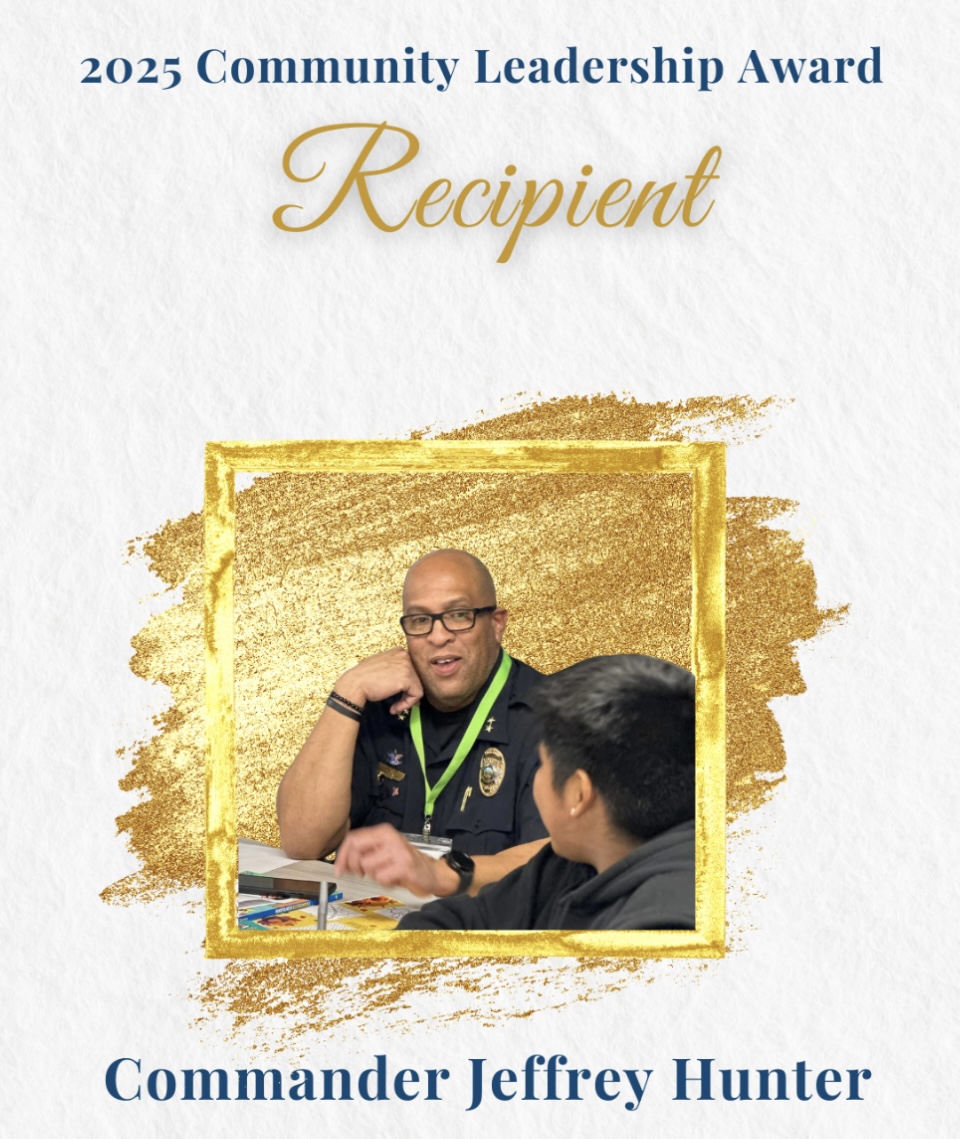
“Always remember you have within you the strength, the patience, and the passion to reach for the stars to change the world.” – Harriet Tubman (1822 – 1913), American abolitionist and social activist
Happy Black History Month! Join us in celebrating the richness of our differences and working towards a more just and equal society. At Big Brothers Big Sisters, we believe in the power of unity. By mentoring youth, we are shaping history in the most meaningful way possible. Together, we provide guidance, support, and inspiration, empowering them to become the leaders and change-makers of tomorrow.
In recognition of Black History Month, let us remember that mentoring is a crucial tool for creating a more equitable future. Our model is evidence-based to ensure we empower young people.
Our national research concluded that youth who have mentors are:
- 93% of Littles are saying no to drugs, violence, and skipping school.
- 90% of Littles see their Mentor (their Big) as an important adult in their life.
- 92% of Littles have plans to graduate high school and attend college.
- 91% of Littles feel a strong sense of belonging among peers.
Mentoring is our way of making history. Together, we are creating a world where diversity is embraced, equity is upheld, and inclusion is the norm. To get involved in our mentorship program, please visit www.bbbsaz.org/volunteer to learn more.
More about the origin of Black History Month:
It was September 1915. Carter G. Woodson and Jesse E. Moorland founded the Association for the Study of Negro Life and History (now known as the Association for the Study of African American Life and History). The organization is dedicated to recognizing and celebrating the achievements of Black Americans.
In February 1926, the organization celebrated National Negro History Week during the second week of the month. This historic week caused a ripple effect across the nation. Schools began celebrating, communities began organizing, and clubs began forming, all in the name of celebrating Black Americans. Communities nationwide celebrated Negro History Week for decades.
Later, in the 1960s, college campuses moved to celebrate Negro History Week for the entire month of February. Then, in 1976, President Gerald Ford encouraged the public to “seize the opportunity to honor the too-often neglected accomplishments of Black Americans in every area of endeavor throughout our history.” This statement moved the nation to officially recognize February as Black History Month.







